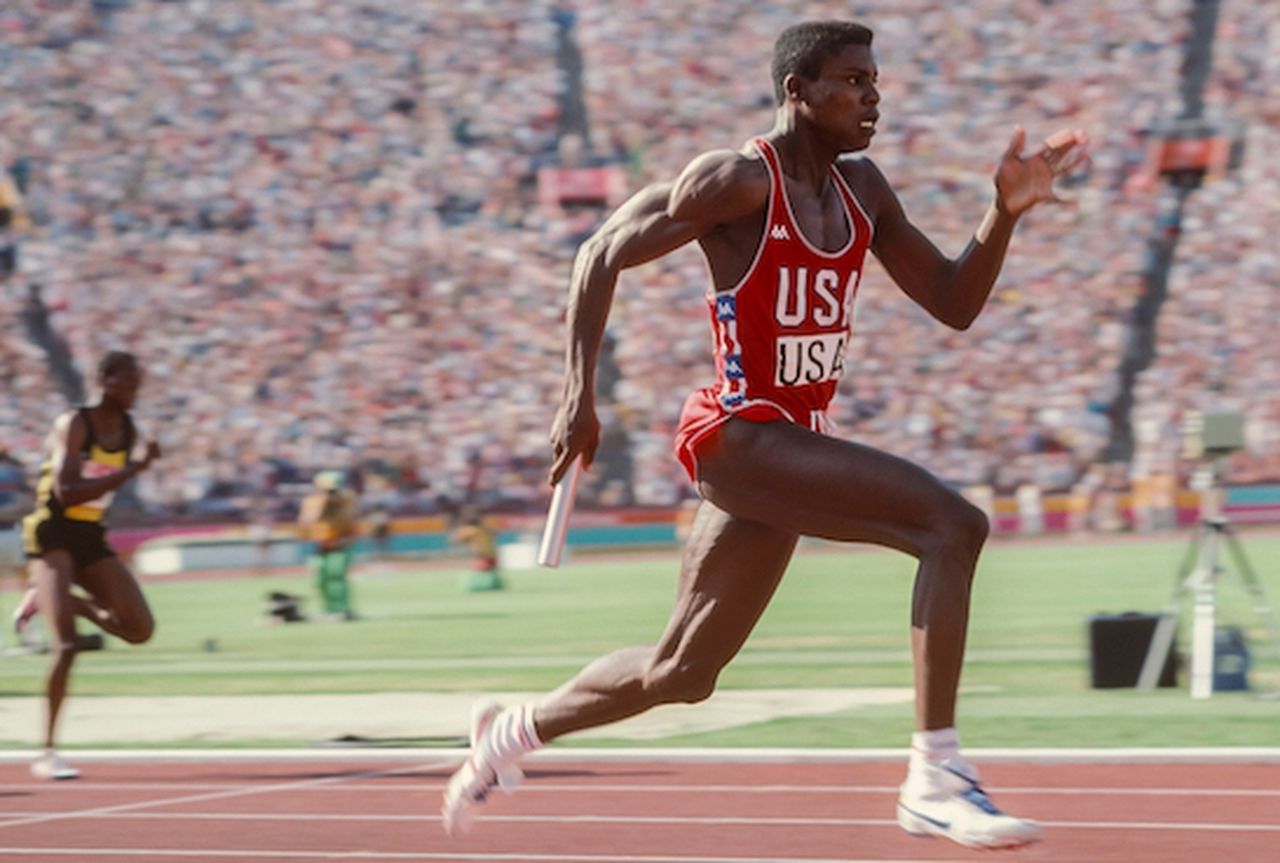The long road of religious detox

It’s been a couple of weeks since I posted anything, and that’s because I’ve written, re-written, copied, pasted, cut, and started this post over every single day since I saw these posts on Twitter about a week ago. They resonated deeply with me, and launched such a frenzied whirlwind of thoughts that it’s taken me this long to get them from my head to the keyboard in words that (hopefully) make sense. If they don’t, I’d simply ask you to cover them with a bunch of grace. If they do, let’s thank God for the way He leads us to truth. At any rate, thanks for investing the time to read this one, as it is a good bit longer than most of the things I write. But this one is important, perhaps even more important than even I realize.



Anyway, as The B99 would say, enough of the “pre-post banter.” Here are my whirlwind thoughts, in no particular order:
Starting simple is easy. Staying simple is hard.
When we planted The Gathering just about 12 years ago, we intentionally set out to prove that less is more. It seemed that everyone on our team had the same story: multiple services every week (Sunday AM, Sunday PM, Wednesday PM, and maybe Sunday School and/or a youth service or some other age-specific service) with messages that were impactful in the moment but quickly forgotten. We decided that if people heard one message, got in groups to figure out how to apply it, and then went and lived it out in service to God and others, we’d be happy.
And we were. But every time we’d get new members from other churches, especially from program-heavy churches, we’d get these weird questions. “It feels so good to do less, but it kind of feels lazy to do less. I mean, shouldn’t we be busy for the King? Is this all you do? Really?”
Staying simple is hard because, while we’re made for it, we aren’t satisfied with it. Busyness is a drug that many churches and church members are addicted to, and it didn’t take long for that to creep into our “less is more” church.
Staying simple is hard because we aren’t satisfied with it. Busyness is a drug that many churches and church members are addicted to. Share on XAs more people came, so did more expectations. Calendars got full, but people didn’t. We were starting to feel an internal struggle between serving the growing number of attenders while also trying not to kill the ones doing the serving, and it was a tough season. We tried plenty of things that, in hindsight, probably didn’t seem to go together. We walked through the book Simple Church while also talking about adding a third service. We emphasized the need to serve one week and worship one week, while also juggling the lack of servant leaders necessary to make that rotation possible.
The result was frustration and fatigue. On the outside, our church was booming. In less than 10 years, we’d become the largest church in downtown Albemarle. But on the inside, the “less is more” dream had turned into a “do more with less” nightmare.
I wish I could say that I realized all of this at the time, but I didn’t. Our motives were pure, but our methods weren’t sustainable.
The pandemic showed us that.
Camels look full until they fall.
Plenty of people blame the pandemic (or the government’s handling of said pandemic) for causing countless problems, but I think those people may be missing a crucial truth: stress reveals cracks more than it causes them. The division that seemed to happen overnight in our country? It was already there. The stress of the pandemic and social unrest just made it wider. The stress also revealed another massive crack that was just below the surface in many churches: the 20% (or less) who had for years been doing 80% (or more) of the ministry were more tired than anybody realized. While some were fighting in courtrooms to keep church doors open, many in that group of the faithful few were in their living rooms just thanking God for a chance to catch their breath.
John Eldredge was the first person I ever heard compare camels to people. In his book, “Resilient: Restoring Your Weary Soul in These Turbulent Times,” Eldredge wrote about what a remarkable beast the camel is – strong, resilient, dependable, and having incredible stamina. The camel can carry heavy loads across a burning desert and go for weeks without water.
But for all of its strengths, the camel a glaring weakness – one that quite literally kills it. The camel will keep going for hundreds of miles, giving no indication that it is getting tired or weak and then suddenly, it will fall over dead. One minute it appears to be fine, the next it collapses and dies. The reason? The camel’s reserves of water, food, energy, and strength were all being progressively depleted without being renewed, but because the camel is so strong and so resilient, it gave no indication of the depletion that was happening until it was too late.
The camel looked full until it fell.
Ask a hundred pastors about pastoring during the pandemic, and you’ll probably get a hundred different answers. Everyone had struggles unique to his or her context, but as I started sharing our experience with more pastors, I found out that many churches had a lot more in common during the pandemic than we realized. The biggest? A lot of people who were serving in high-capacity positions simply never came back. Like the camel, they had served faithfully and selflessly until they simply couldn’t do it anymore.
Returning to The Way doesn’t mean people will return to us.
I lost a father and a close friend during the COVID-19 pandemic, so I don’t make this next statement lightly: I lost even more in relationships. My guess is that you did, too. In many ways, I think that the worldwide church is just now beginning to deal with a sort of PTSD from the relational loss experienced during those years. The anger felt at first toward people who just didn’t come back, and who never bothered to tell anybody, was replaced over time with a very real soul wound over the relational hole left in the body. I know this will sound silly, but even now, while I’m preaching, I sometimes wonder if they’ll walk in the door. I mean, they never actually said they weren’t coming back, so…
But in all seriousness, who could blame them? When you’ve played the camel once, you think twice about going back to the place where your reserves were depleted. But all of that just begs the question, doesn’t it (or, maybe, three)? If people had served until they had no more reserves, was that their fault? Was it the church’s fault? Was it my fault as a leader? I feel pretty confident that the correct answers are yes, yes, and yes.
Only a fool would spend time and energy worrying about things that he or she has no control over, so it does no good for pastors and leaders to sit and fret over what was, or even over who was. What is fruitful is the Biblical practice of repentance, and so we started doing the hard work of asking God to bring us back to what matters most. As it turns out, when you ask God to show you where your systems may have “tied up heavy loads and put them on men’s shoulders” (Matthew 23:4), it allows the Holy Spirit to lead you back to ancient ways, or, in the words of John the Revelator, to help you “repent and do the things you did at first” (Revelation 2:5).
That’s what we have done, are doing, and will continue to do. Remember, and return. Do more of the less that marked us at the beginning. I’m so proud of the way our – in some ways, new – church is responding. With hunger and passion, with curiosity and questions, with determination and hope. Where we’ve been was great, but where we’re going is greater, healthier. More fruitful. I still ache over relationships that may never be what they were, especially because I want those people to see the wonderful ways we’re growing. But I am grateful for the journey, and for the wide-open places of freedom and joy that the Lord is bringing us to (Psalm 18:19).
He is good.
As I’ve said many times to the church I’m honored to lead, churches can be weird places. I can live with that. But churches don’t have to be manic places of activity without the foundation of identity, and as I seek to implement the valuable lessons we’ve learned, I pray that it’s an unwavering commitment to (with apologies to Dallas Willard, John Ortberg, and John Mark Comer for changing the last word) “the ruthless elimination of fury.”
Not the fury we think of as anger and rage, but the fury associated with frenzy, or an “intense usually wild and often disorderly compulsive or agitated activity.” At The Gathering, we’re grateful for the way God has brought and is bringing us back to the way we began, and we’d love to invite you to come and detox with us. It’s a long road, but one that we can walk together.








Leave a Comment